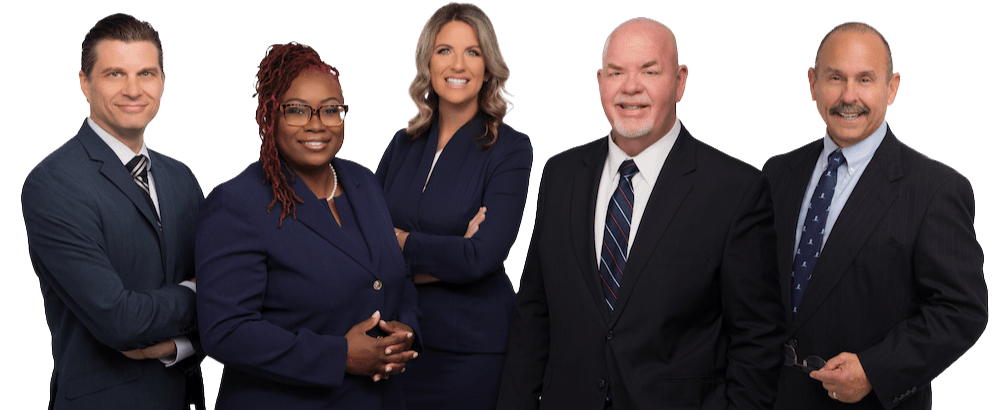Advocates push for further medical marijuana legalization in Florida
An amendment proposed to give medical marijuana access to more patients will hit the ballot in Florida this November. According to the Office of National Drug Control Policy, Washington, D.C., and 23 states have passed legislation permitting the use of


